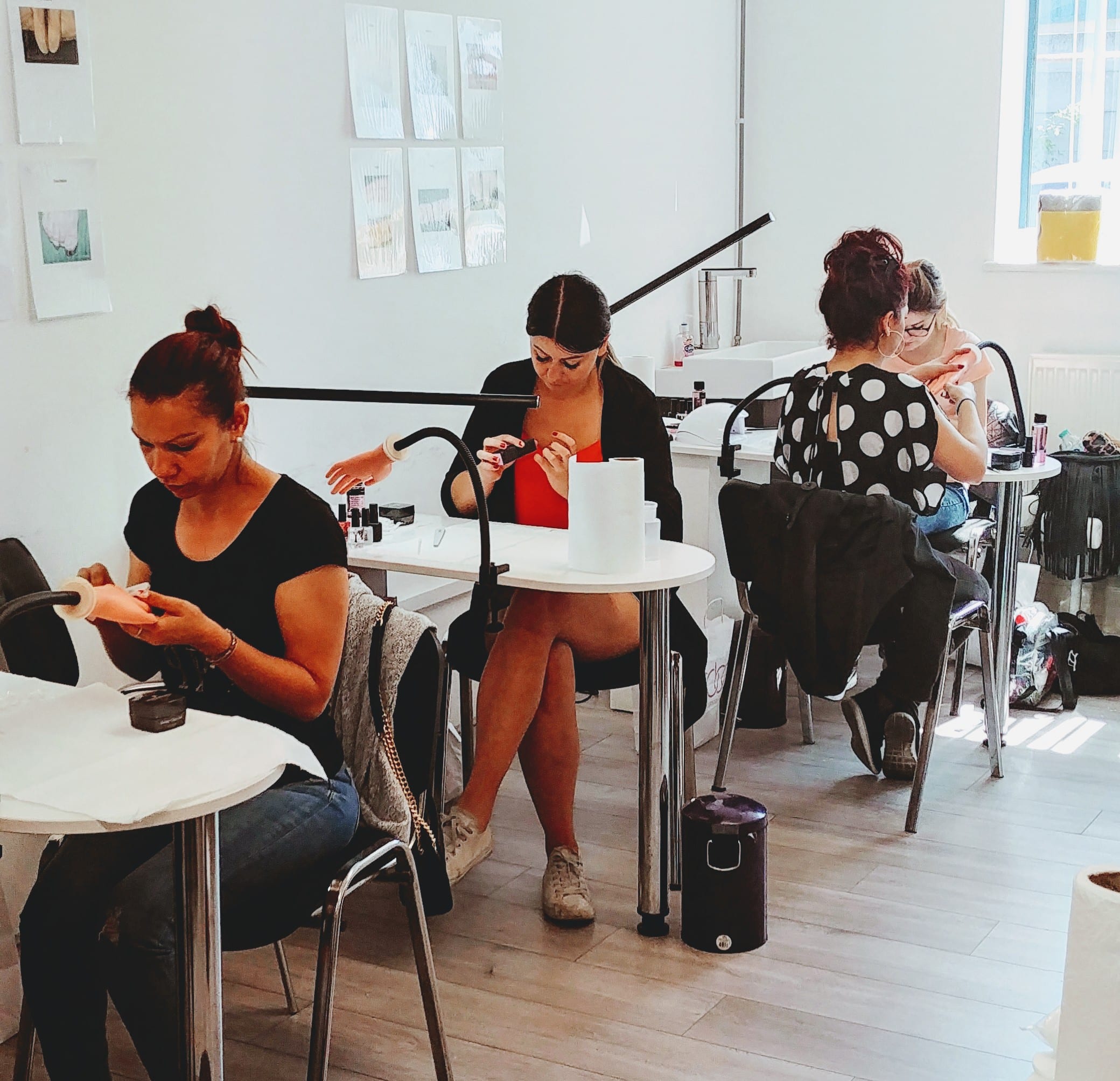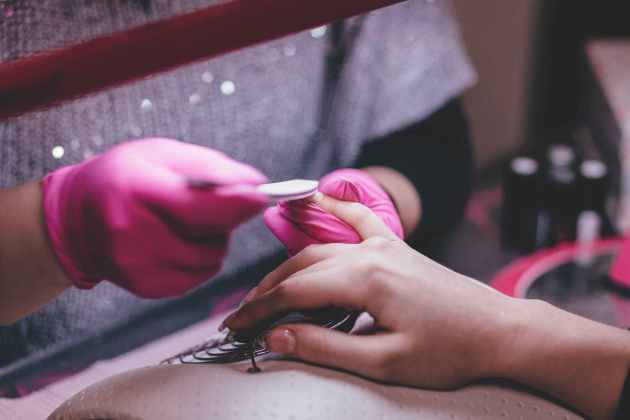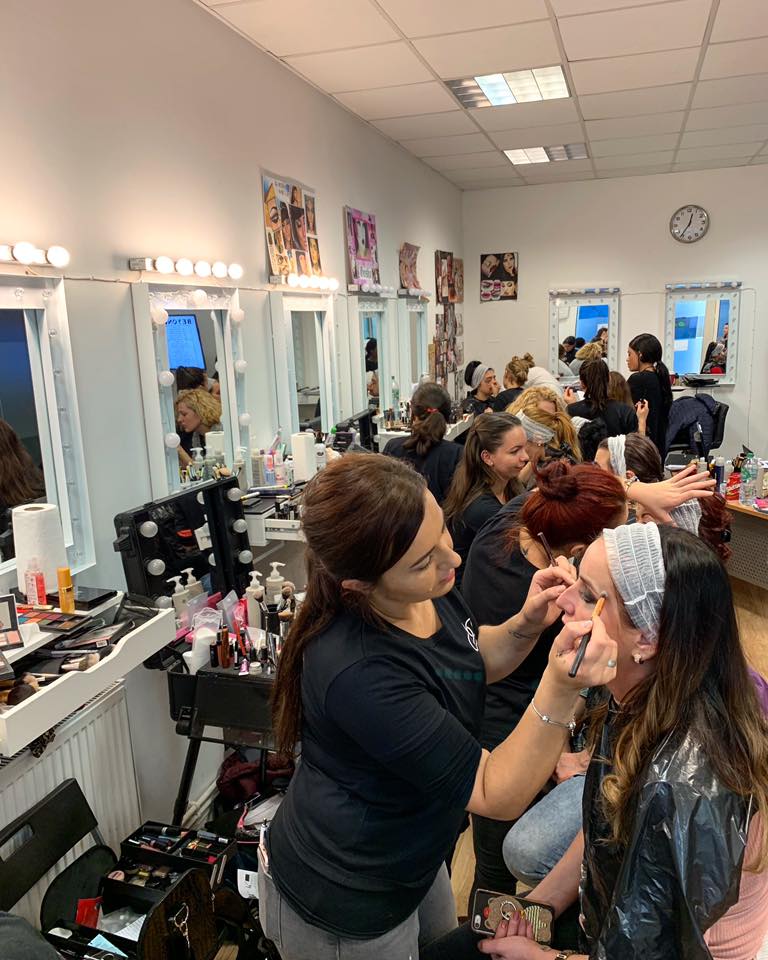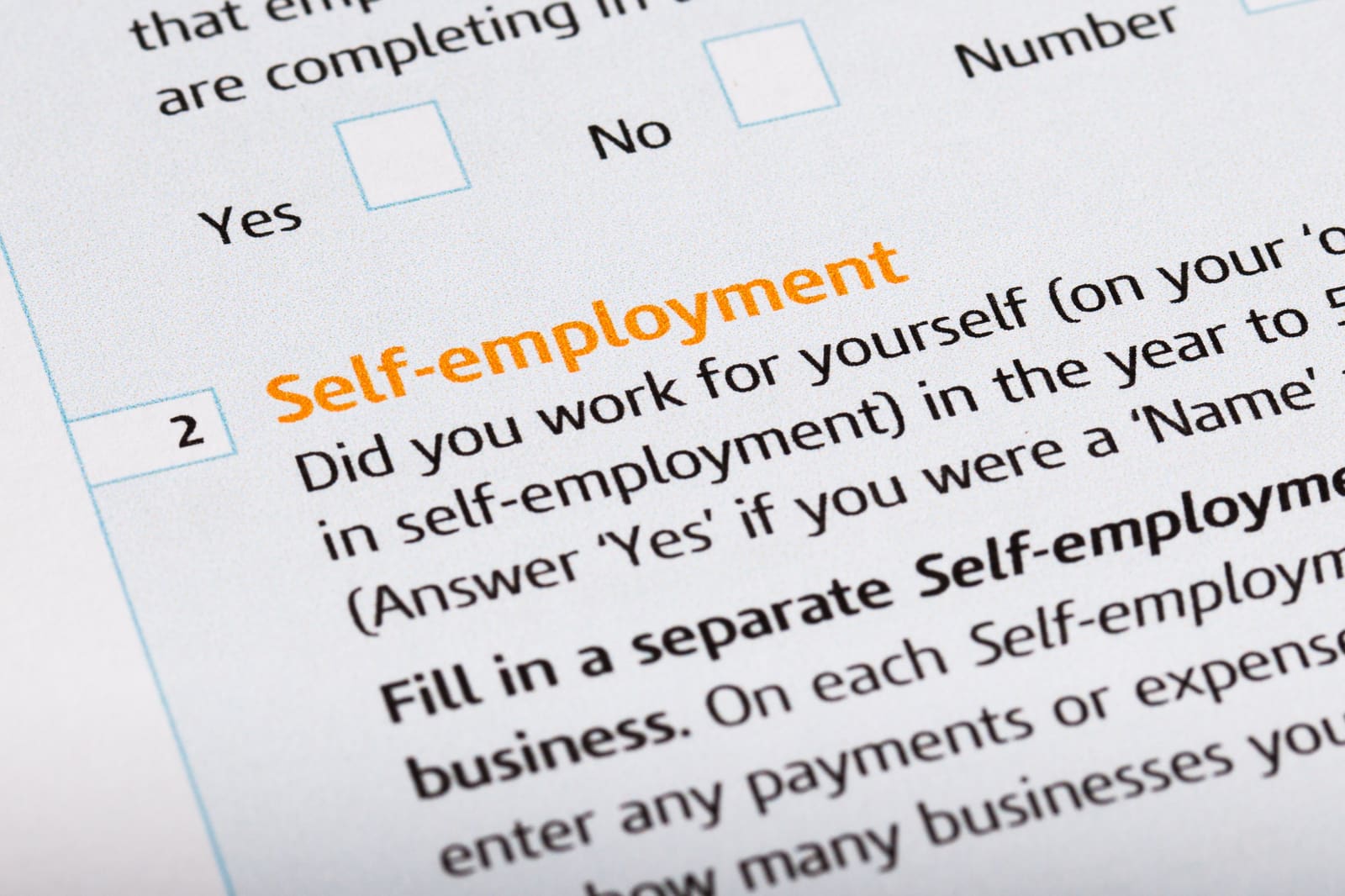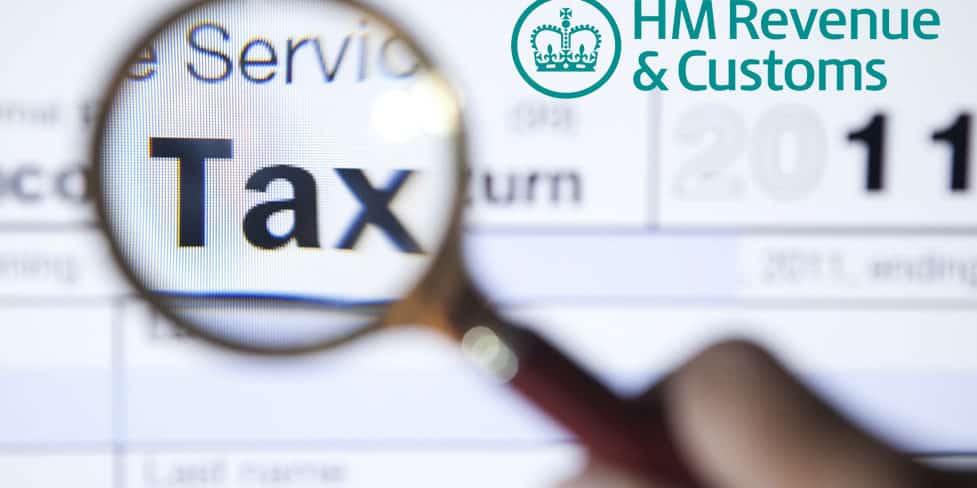First steps are always the hardest, no matter which field you are in. If you want to jump-start your beauty career know that you can, and you should. Here is how to work on your own, how to own a salon, and how to get out of the comfort zone as soon as possible.
Embrace a new routine
By going through a new routine you are actually learning a lot more. You are fixing up your efficiency, and are adapting each day per your needs, as well as new demands. You should also move towards your fears and try to do as much as possible to fight them off. Trying over and over again often leads to success. This is why it is important not to give up, even though your pace may be a bit slow, especially at first if you are just starting out.
Whenever you feel like you are a bit scared and that you don’t want to take your career a step further, try to remember this – a whopping 58% of managers in the U.S didn’t go through any management training!
They were simply upgraded to a better position due to their hard work, and determination.
This could also easily be you. Your current boss may give you a better-paid position, or may even ask you to become a manager.
Some can recognize your potential and will advise you on taking it a step further and opening up your own salon.
How to succeed?
You should take the right course since proper education will push you in the right direction. Take a career-, or personality test. There are loads of them on the internet for free. Remember the first step to jump-start your beauty career is to know yourself in and out.
It is also important to be open-minded to some steps which you’d never normally take. Try new strategies, meet new people, and enjoy new acquaintances. Try to remember one thing – the more the merrier.
Also, one encouraging fact which will help you start your own business is knowing the following: The fastest growing sectors in the world are linked to auto shops, dry cleaners, and beauty salons!
Here you can have a look at our government funded courses, that can help you start a career in the beauty industry.
